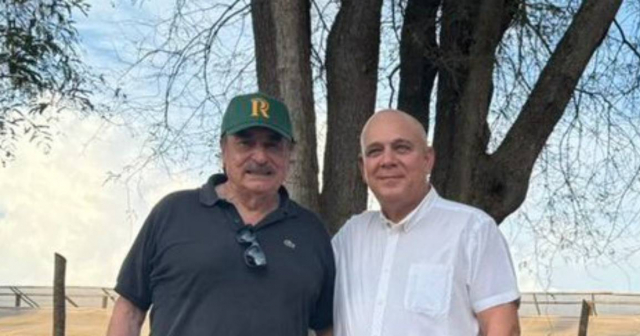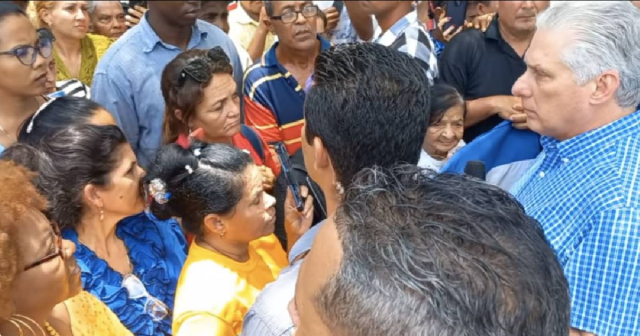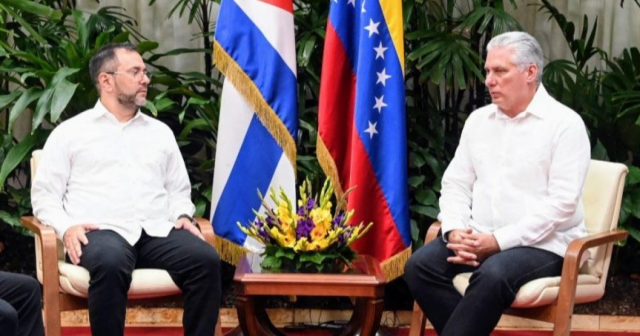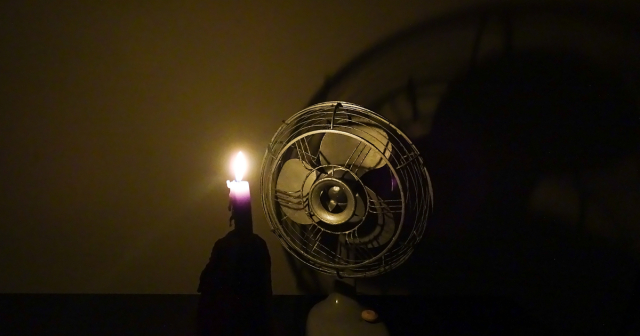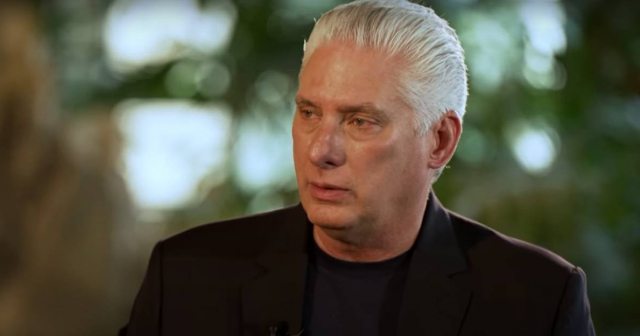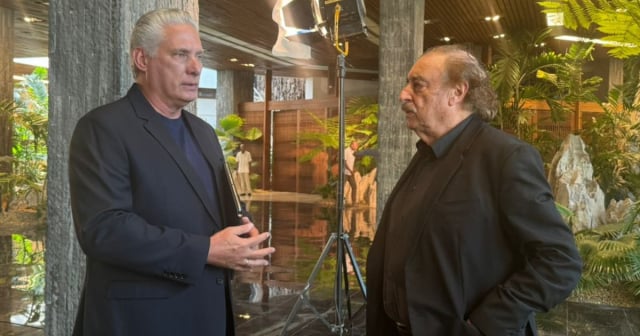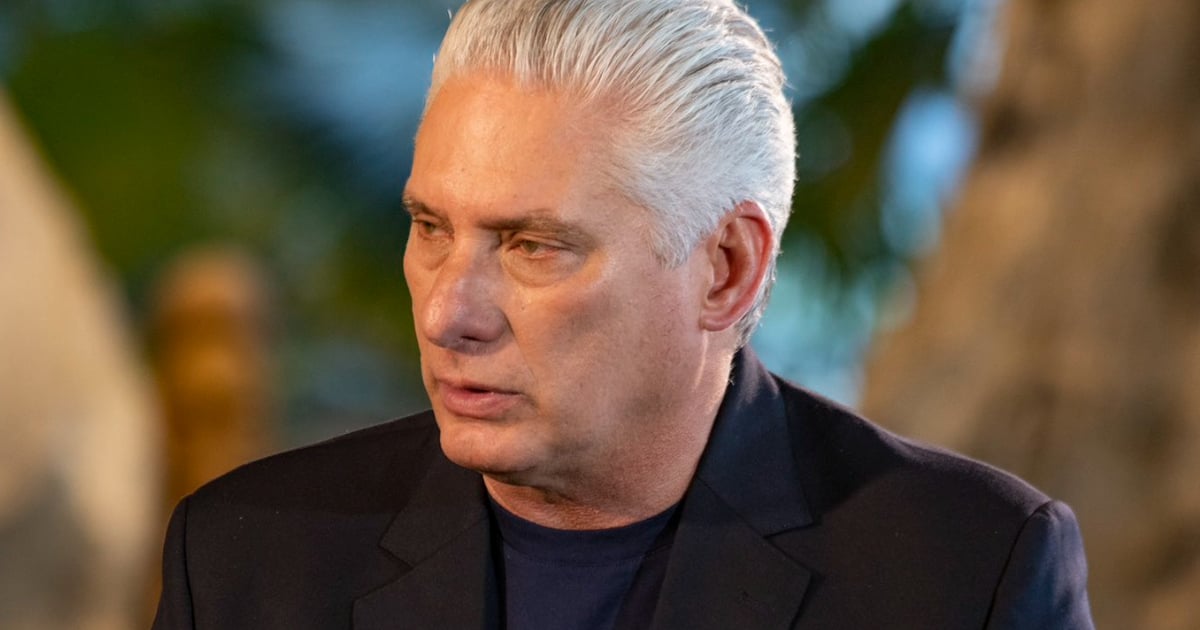
The Cuban leader Miguel Díaz-Canel stated during an interview with the Franco-Spanish journalist Ignacio Ramonet that he continues to "believe in the heroism of this people and in their creative resistance," amid the widespread crisis and popular discontent on the island.
During the nearly two-hour conversation, which took place in the Portocarrero Hall of the Palace of the Revolution, the ruler once again made use of the old discourse of "economic asphyxiation" against Cuba imposed by the United States "so that the people would suffer."
He pointed out that "in 60 years they have not been able to break us, and they have resorted to an escalation to break us."
"I continue to believe in the responsiveness, heroism of this people, and creative resilience," emphasized Díaz-Canel, in a new plea to the Cuban population to withstand the current situation, which he himself described as "prolonged blackouts, transportation issues, life shortages, difficulties in ensuring the basic necessities, problems with food, medication, and water shortages, all without protesting."
At some point, there have been protests in some places as well, with a certain level of participation, I would say, in greater numbers, more massive in the events of July 11; less massive in the one on March 17," he acknowledged.
However, as is customary in the official Cuban discourse, he tried to downplay the scale of these anti-government protests and attributed their resonance to independent media outlets.
The media presented it as very massive as part of the other component of this aggressive policy towards Cuba of maximum pressure, which on one hand is the economic suffocation with the tightening of the blockade, and on the other hand is the media intoxication where they try to discredit the Cuban Revolution, and where there is a virtual Cuba and a real Cuba. So, in a number of places, popular demands have arisen," he noted.
He said that "the majority of these claims have taken place in a peaceful protesting situation, where most of the population that has gone to claim what they have asked for is asking for an explanation."
According to Díaz-Canel, "they are not demands for a break with the Revolution"; and he ensures that "people have gone to government institutions or Party institutions" to ask for these explanations.
These statements arise despite the complaints of several Cuban mothers who have stood with their children in front of the ruler's house, in the municipal Government of Marianao and in the provincial Government of Pinar del Río, to ask for housing, food, and water, and have not been heard.
"One of the mothers said, 'None of our complaints have been addressed,' after 12 hours of protesting in Marianao. They were not even allowed to enter the building's lobby."
What do you think?
COMMENTFiled under:

